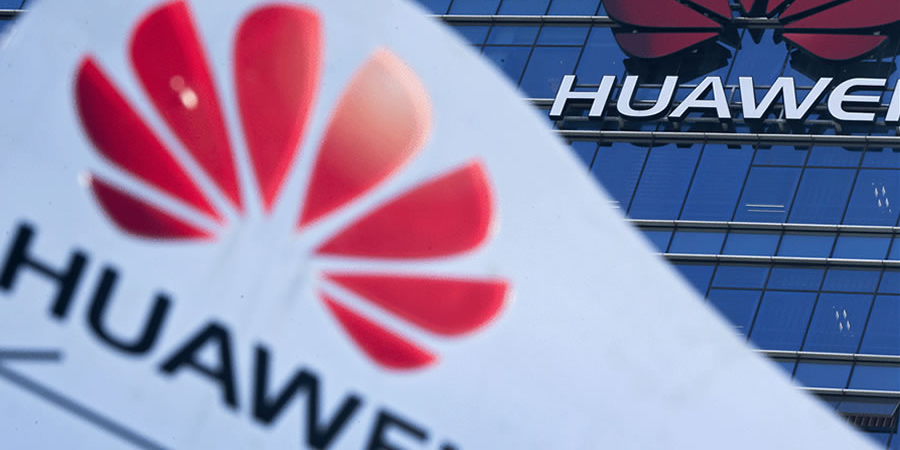The UK has finally approved a limited role for Chinese telecoms giant Huawei in the country's 5G network, but underscored that "high risk vendors" would be excluded from "sensitive" core infrastructure.
The United States wanted Prime Minister Boris Johnson to ban Huawei completely, arguing that Beijing could use the company’s equipment to spy on western counterparts. Huawei has strongly denied any involvement in espionage.
London's decision, following a meeting of the National Security Council chaired by Boris Johnson, came shortly after Brussels said it would allow Huawei a limited 5G role in the European Union.
"We want world-class connectivity as soon as possible but this must not be at the expense of our national security," Britain's Digital Secretary Nicky Morgan said in reference to high-speed fifth generation networks that offer almost instantaneous and reliable data transfer.
"High risk vendors never have been and never will be in our most sensitive networks," she added.
Huawei’s VP welcomed news that it would have at least a limited role in building Britain's high-speed fifth generation networks, after Washington lobbied hard for the company to be sidelined completely on security concerns.
"Huawei is reassured by the UK government's confirmation that we can continue working with our customers to keep the 5G roll-out on track," said Huawei Vice-President Victor Zhang.
"This evidence-based decision will result in a more advanced, more secure and more cost-effective telecoms infrastructure that is fit for the future."
Unlike the United States, Britain has been using Huawei technology in its systems for the past 15 years. Johnson insisted that the UK can have "technological progress" while preserving national security. Huawei is widely viewed as providing the most advanced alternative for super-fast data transfers behind technologies such as self-driving cars and remotely operated factory robots.










